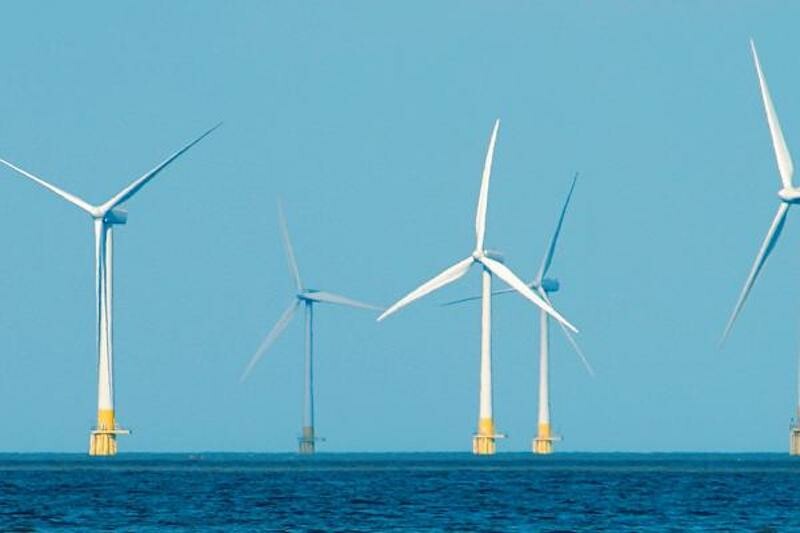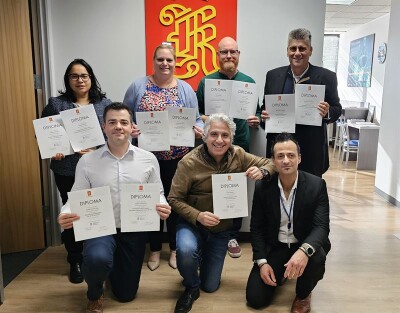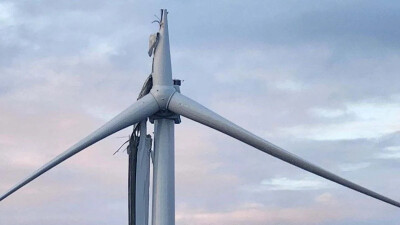The U.S. Department of Energy (DOE) announced yesterday that it has awarded $175 million for 68 research and development projects aimed at developing disruptive technologies to strengthen U.S. advanced energy enterprise.
Led by the DOE’s Advanced Research Projects Agency-Energy (ARPA-E), the OPEN 2021 program prioritizes funding high-impact, high-risk technologies that support novel approaches to clean energy challenges. The selected projects — spanning 22 states and coordinated at universities, national laboratories, and private companies — will advance technologies for a wide range of areas, including electric vehicles, offshore wind, storage and nuclear recycling.
“Universities, companies, and our national labs are doubling down on advancing clean energy technology innovation and manufacturing in America to deliver critical energy solutions from renewables to fusion energy to tackle the climate crisis,” U.S. Secretary of Energy Jennifer M. Granholm said in a statement. “DOE’s investments show our commitment to empowering innovators to develop bold plans to help America achieve net-zero emissions by 2050, create clean energy good-paying jobs and strengthen our energy independence.”
The selected projects will focus on technologies such as revolutionizing fuel cells for light and heavy duty vehicles, and technologies to generate less nuclear waste and reduce the cost of fuel. Examples of OPEN 2021 project teams include:
- Carnegie Mellon University (Pittsburgh) will work to electrify the nation’s vehicles by developing more efficient fuel cells that could enable low-cost, high-efficiency options for trucks and SUVs. (Award amount: $3.2 million)
- Hinetics (Champaign, Ill.) seeks to electrify aviation with an ultra-compact 10 MW+ electrified aircraft propulsion systems through the development of a transformational high-power density electric machine. (Award amount: $5.8 million)
- Makai Ocean Engineering (Waimanalo, Hawaii) will develop novel mooring and anchoring methods to enable grid-scale floating wind turbines and hydrokinetic systems in areas otherwise inaccessible or cost-prohibitive. (Award amount: $850,000)
- Nokia Bell Labs (Murray Hill, N.J.) is developing a highly efficient thermal energy architecture that will deliver a significant reduction in data server cooling energy as well as deliver both heating and cooling to buildings. (Award amount: $2.1 million)
- The University of Houston (Houston) seeks to create a quick-charging transportation solution using magnesium anodes, instead of lithium, to enhance U.S. battery supply chain security. (Award amount: $3.4 million)
For the full list and more detailed project descriptions, visit the ARPA-E OPEN 2021 webpage.
Among the first of billions of dollars for research and development opportunities that DOE announced last year to address the climate crisis, OPEN 2021 is ARPA-E’s latest installment of the OPEN program. The first four iterations — 2009, 2012, 2015 and 2018 — awarded over $600 million in funding to 225 projects working to achieve breakthroughs in commercializing a variety of energy solutions, including in the development of transformative solar, geothermal, batteries, biofuels and advanced surface coating technologies. Two examples of earlier awardees are Soraa, a world leader in more efficient lighting technology, and Sunfolding, a company facilitating cost and performance breakthroughs for stakeholders across the solar energy industry.
Since its founding in 2009, ARPA-E has provided $2.93 billion in R&D funding, and ARPA-E projects have attracted more than $7.6 billion in private sector follow-on funding to commercialize clean energy technologies and create sustainable clean energy jobs. Previous ARPA-E awardees have also gone on to achieve breakthroughs in commercializing a variety of energy solutions, including in the development of transformative solar, geothermal, batteries, biofuels and advanced surface coating technologies.





